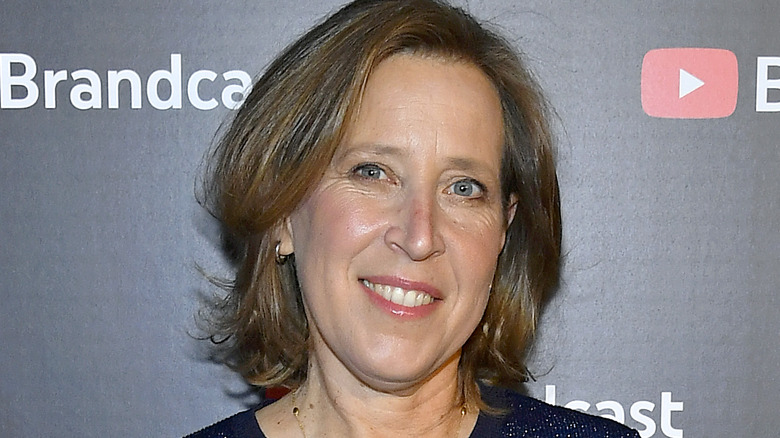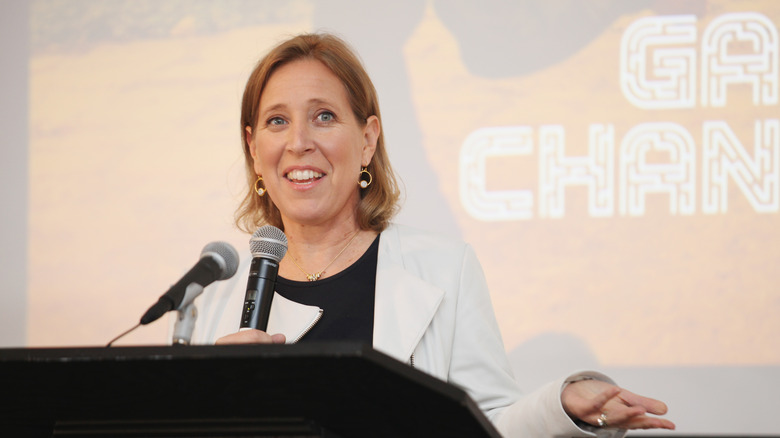Controversial YouTube CEO Susan Wojcicki To Step Down
YouTube CEO Susan Wojcicki is stepping down from her role after nearly nine years at the helm of social video-sharing platforms. Wojcicki spend a staggering 25 years at Google and she was the architect behind Google's acquisition of YouTube. Often hailed as one of the most powerful women in Big Tech, she is vacating her CEO position and will be taking an advisory role at Google and its parent company.
Wojcicki is the latest member of Google's original executive team to hang up her boots from active duty, following in the footsteps of co-founders Larry Page and Sergey Brin, both of whom vacated their respective leadership roles in 2019. Notably, Google returned to them this year as the race for AI heats up with Microsoft leading the charge with its OpenAI camaraderie.
In her goodbye note on the YouTube blog, Wojcicki says she hopes to "start a new chapter focused on my family, health, and personal projects." Following her departure, Neal Mohan — who has been serving as the chief product officer and lent his expertise as the senior vice president of the video and ad business at Google – will be taking over as the new CEO of YouTube.
A tenure beset with hiccups
Wojcicki's tenure as the chief of YouTube operations wasn't always a smooth journey. In 2017, advertisers were miffed that their ads appeared next to extremist content on the platform. In the wake of the revelations, they demanded plum ad space from the company at reduced prices and asked for better measures so that their ads don't appear next to reputation-hurting content.
A Times investigation revealed that ads belonging to brands like Mercedes-Benz appeared in videos posted by extremist outlets. In the wake of the revelations, U.S. giants such as AT&T, Pepsi, and Johnson & Johnson pulled ads worth millions of dollars from the platform. A Change.org petition was also filed asking for her firing as YouTube CEO, alleging that the platform's video monetization policies were curtailing freedom of speech.
In 2021, YouTube was accused of bending the knee to Russian pressure and censoring Putin critic Alexey Navalny. In an interview with Bloomberg, Wojcicki clarified that free speech was at the very core of YouTube's ethics, but didn't directly address whether the content removal happened at the Russian government's request. "When we work with governments, there are many things that we have to take in consideration, whether it's local laws or what's happening on the ground," she reasoned.

